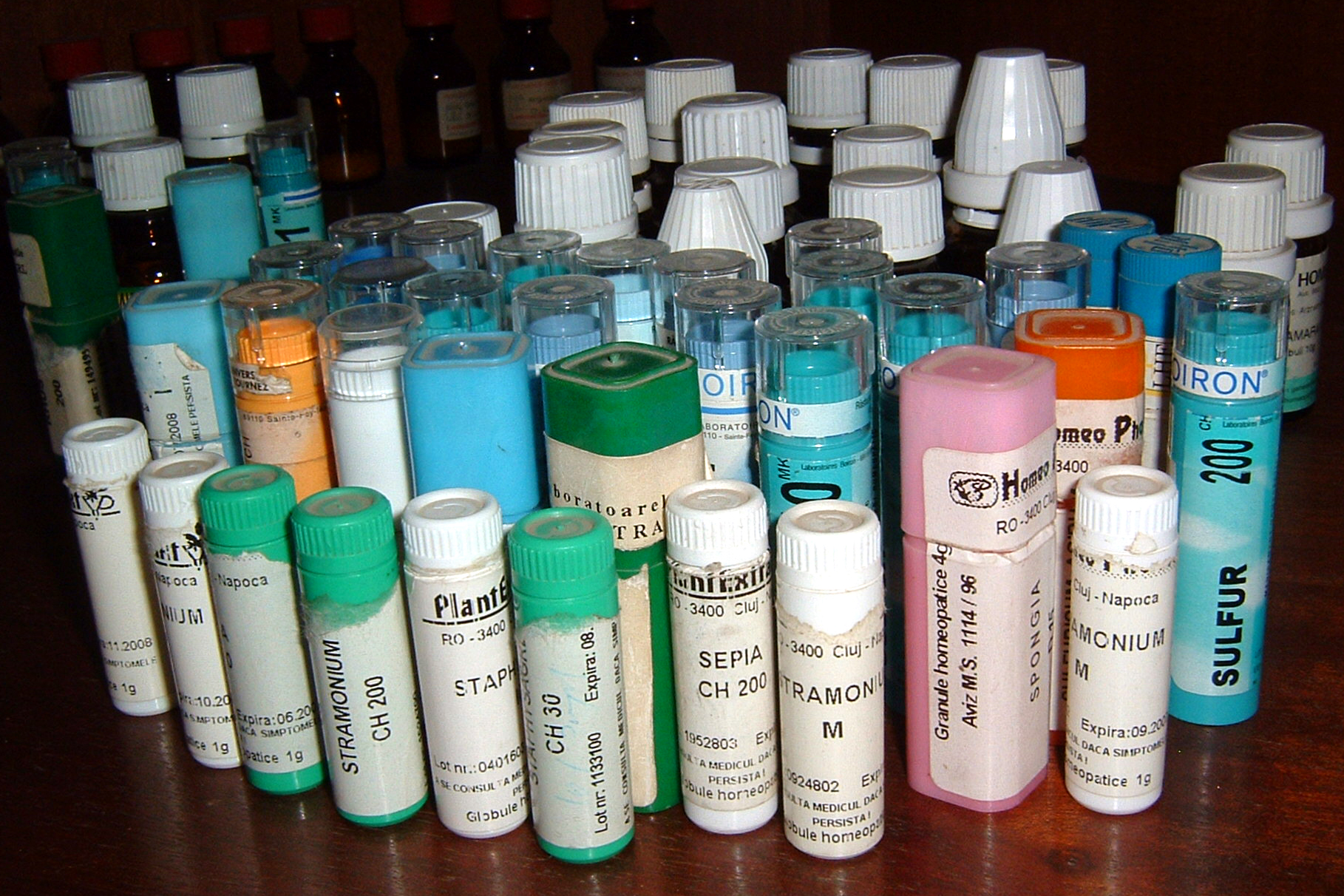
Natalie Grams is a German MD who was an enthusiastic practitioner of classical homeopathy. She had a successful homeopathy practice and got a lot of positive feedback from her patients. But then she set out to provide a scientific rebuttal of a book critical of homeopathy. Her illusions fell away as she realized there were no sound or convincing reasons to support homeopathy. She gave up her practice and found a new career in science communication.
Her book Homeopathy Reconsidered was recently translated from the original German. In it, she explains the origin of homeopathy, the underlying principles, the varieties of practice, and the identification of remedies through “provings”. She explains that science is the only reliable path to understanding how the world works and shows that there is nothing scientific about homeopathy; in fact, it contradicts all known scientific principles. But she finds value in the homeopathic approach. The homeopath provides what many patients long for: individual, empathetic counselling with attention to all aspects of the person (physical, mental, emotional, and spiritual) and long appointments. The homeopathic approach allows patients to tell the whole story of their illness experience and it employs the method of active listening developed by Carl Rogers for psychotherapy. She suggests that the same value could be provided in mainstream medicine in conjunction with effective remedies rather than useless homeopathic remedies.
She lists all the reasons patients turn to homeopathy; they boil down to time, empathy, and care. Mainstream medicine often seems rushed, perfunctory, and impersonal. The originator of homeopathy, Hahnemann, stressed making sure patients are allowed to say all they have to say. Mainstream doctors are often criticized for interrupting the patient’s narrative to ask questions.
She explains why patients believe homeopathy has helped them and offers alternative explanations. It gives them a sense of control; they believe they are doing something. It is reassuring to have a caring, optimistic person to talk to. Many diseases are self-limiting and resolve on their own. Most symptoms fluctuate; a decrease is attributed to homeopathy and an increase is explained away.
She thinks spirituality is important, but she defines the human spirit as that which enables us to develop ideas and perceptions, appreciate metaphors, and grasp complex interactions. She says homeopathic medicines contain nothing but the message “I’ll help you with your complaints.” She says, “the placebo effect does not mean that a drug is ineffective – only that it does not work through pharmacological ingredients.” She says homeopathic globules “are carriers of meaning and individualized autosuggestion.” She accepts Hahnemann’s concept of vitalism as an idea, but not as a fact. She sees homeopathy as a kind of conversation therapy, not a medical therapy. It can’t be studied in the same sense that drugs are studied; but she makes suggestions for other ways it might be tested, to elicit knowledge applicable to mainstream medical practice. She says homeopathy is bad in theory but good in practice, while the opposite is true of scientific medicine.
Conclusion: We don’t just need “homeopathy reconsidered,” we need “medicine reconsidered”
Natalie Grams makes a good case, not for homeopathy but for the homeopathic approach to patients:
- Time for the patient
- Openness and understanding
- The possibility of expressing physical, emotional, and spiritual things and putting them into context
- An individual approach (not just any pain, but my pain)
- Improve self-perception and self-awareness and initiate situation-oriented changes in life
- Medication with a high placebo effect (Keep in mind that every doctor/patient interaction has its own intrinsic contextual placebo effect)
I find it difficult to envision how such long appointment times could be implemented in conventional medicine, or whether that is even a good idea; but I think the principles of the homeopathic interview are worth thinking about. As Dr. Francis Peabody said in 1926,
Time, sympathy and understanding must be lavishly dispensed, but the reward is to be found in that personal bond which forms the greatest satisfaction of the practice of medicine. One of the essential qualities of the clinician is interest in humanity, for the secret of the care of the patient is in caring for the patient.

